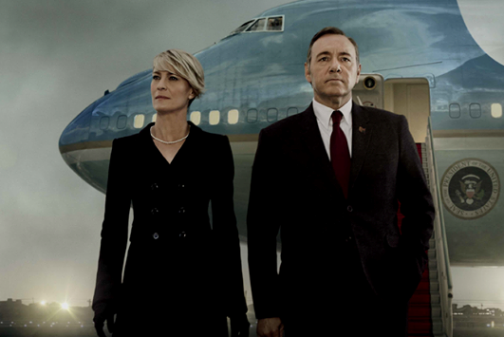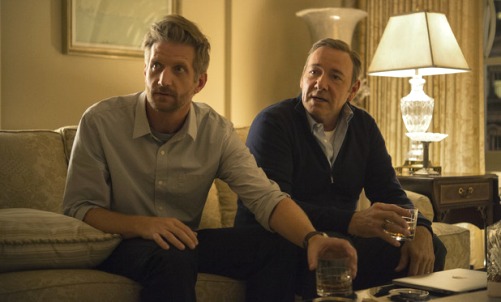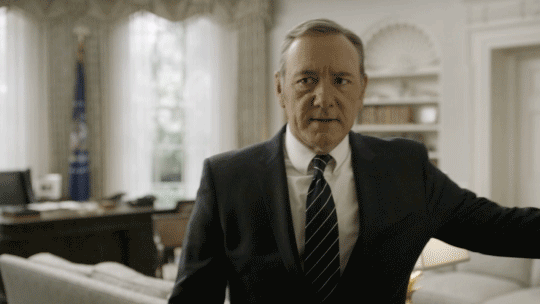Note: Note: This article was originally published on Express News blog-site on July 6th, 2014
http://blogs.tribune.com.pk/story/23116/what-impact-does-social-media-have-on-journalism/
What impact does social media have on journalism?

Not so long ago, there were only a select number of news communication and news transmission mediums present; be it newspapers or television based news channels. Especially speaking about the former, newspapers were constrained, time bound, and limited in terms of what to report and how to report it.
Flash forward to 2014, we frequently and repeatedly see how pivotal and crucial social media has been to the news industry with context to live coverage of a certain event. Whether TV based news mediums or print, utilising social media tools like Facebook and Twitter have become the norm. Not only are these tools used to broadcast minute by minute updates, certain events are quoted directly from users of these mediums and are relied upon by news outlets.
Suffice it to say, in the coming years, social media will only become more dominant, prevalent and more tightly integrated into how we consume news; in fact, even today, a large percentile of tech/social media savvy users consume news content via these platforms.
Here are some aspects of how social media news delivery and mechanisms operate:
Hash tags “#”:
What was once just a humble sign on your telephone that was strangely referred to as “pound” has now grown synonymously with trending news worthy topics. Used primarily on Twitter and now on many other platforms including Facebook, it is used as a great search tool. News about a particular incident is given one title and hash-tagged so all updates, from the world over, regarding the particular event are clumped together in one place for easy access. Just about anyone who has used would be able to attest to how simple this “#” content generation has become. A glance towards trending topics tells us what people are talking about on the medium and what they are interested in hearing about.
The sheer beauty of it is that be it Facebook or Twitter, it allows and enables the consumer and reader of the news to customise the news topics, event or happenings based on a particular region, city or continent to only see relevant and specific news of his or her interest.
The importance of these mediums have doubled in recent times and they keep up perfectly with the fast-paced lives of the newer generation.
From the horse’s mouth:
With social media taking over, soon enough, new agencies will not have to act as a mouth piece for anyone. Each and every person out there has the potential to cover events and news worthy incidents themselves. This changes the dynamics of what will be required of a news agency. This does not in any way mean that news outlets will become redundant, what it does in fact mean, is that journalists will have to go above and beyond to produce verified facts that have not yet reached this user base. Aside from this, it would be hard to sift through ‘news activism’ and unbiased data unless regulated news agencies are not around to clarify facts.
Yes, however, what this does mean is that news organisations are no longer the only gate keepers of news anymore.
Many a times, users get carried away in uploading facts that are not free from opinion, becoming biased, and this can become troubling in many circumstances. For example, during the recent Karachi Airport attack, many users were tweeting incorrect or exaggerated death tolls, taking names of people who were ‘presumably dead’ which became controversial and insensitive to family members who were desperate to find out what exactly the situation at the airport was like. The same thing was repeated with the subsequent Peshawar airport attack and even the Tahirul Qadri incident that recently took place in Lahore.
However, on the upside, there were some tweets uploaded by passengers stuck on the plane or in the airport who were giving us on-the-ground information which was then used by TV channels. Many news outfits reported the situation through verification and collaboration of these tweets. So in certain circumstances, these live updates by civilians can become primary sources for news mediums but that is still something that would require a lot of regulation on part of the news medium.
On one hand, it is undoubtedly emerging as a dominant platform for news consumption and transmittal. Suffice it to say that there is more than meets the eye, so we have to take the information we are extracting from these platforms with a pinch of salt. Primarily because what we consider as ‘news’ might be someone’s speculation, guess estimate or maybe some gossip floating around the grapevine.
News channels should ensure that the information they’re gathering and later running from these social media on ‘as-is basis’ is authentic, well vouched for and corroborated from numerous sources.
Hence, social media does come with a few caveats and, news channels and other news outfits, ought to exercise restraint. They should exhaust every resource under their disposal to make sure that if they’re running a story or reporting a tweet which has some significance with context to a news item, it is genuine and credible. After all, this is textbook journalism 101.
For many years, governments around the world have tried to censor the media in one form or another. With the burgeoning, almost incessant, growth of the social media in the past decade, these states have failed to fully censor and suppress the popular sentiment among their people. Therefore, it has enabled a new form of activism, ‘Social Activism’. Be it the fall of the Egyptian government in 2010 to usher in the Arab Spring or in Libya, it has played an instrumental role in rallying sustained campaigns, strikes, demonstrations etcetera, all managed via these social networks.
I, for one, think that social media possess immense power and influence. It is unfiltered, unadulterated and to a large extent without any buffer. What you see is what you get. Moreover, it is instantaneous, inexpensive and accessible to a large amount of people and exhibits the other side of the coin, when the conventional news media services are presenting the rhetoric, which has been heard, read and seen, time and time again.
In a nut shell, social media has evolved into a dynamic medium that follows the changing trends of our lives. It has become an important medium, but one that must be used with a basic sense of responsibility. It is the relative power that it possesses, that is tilting the paradigm shift in its favour. With this added power of moulding mind-sets, it may not be a bad idea to have regulations put upon these mediums so that information passed through does not in any way cause any intentional or unintentional harm to someone else. Perhaps, a few years from now, our priority should be revamping our cyber laws to include regulations in the world of social media to avoid any hassle of ‘censorship’ coming to the front again and again.














